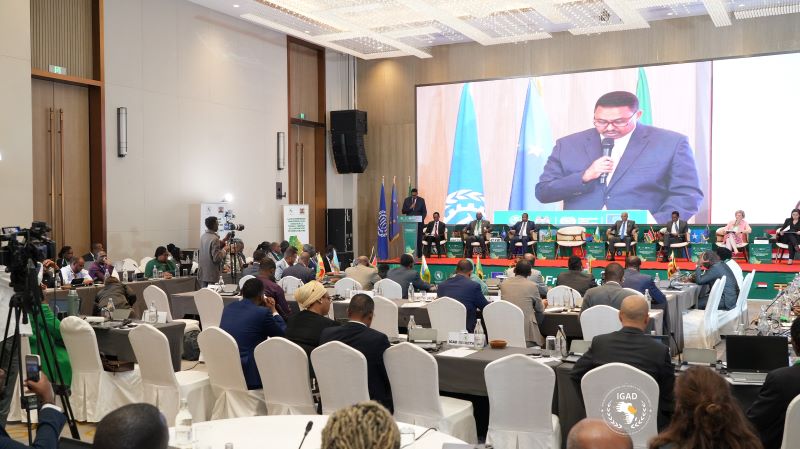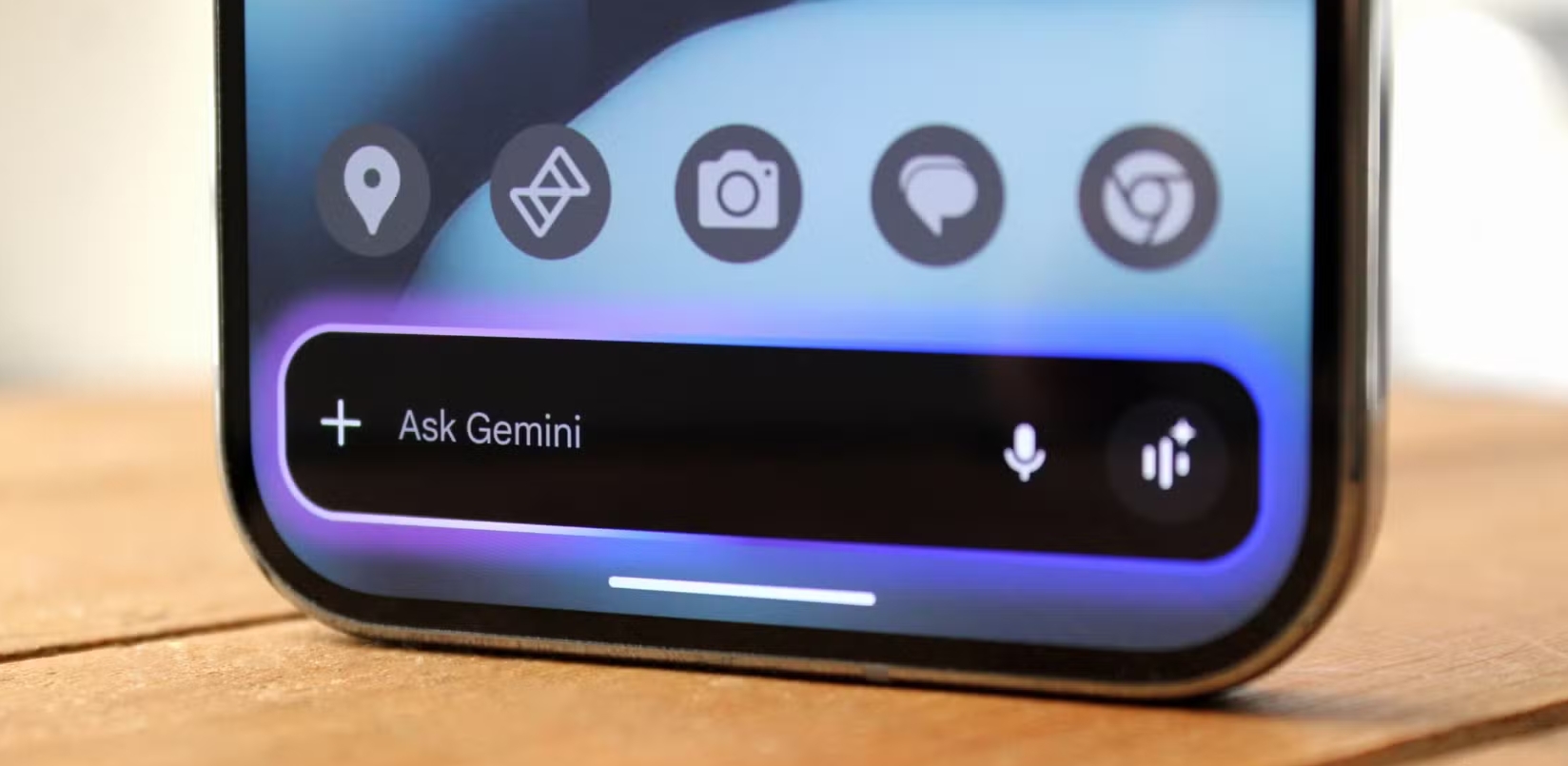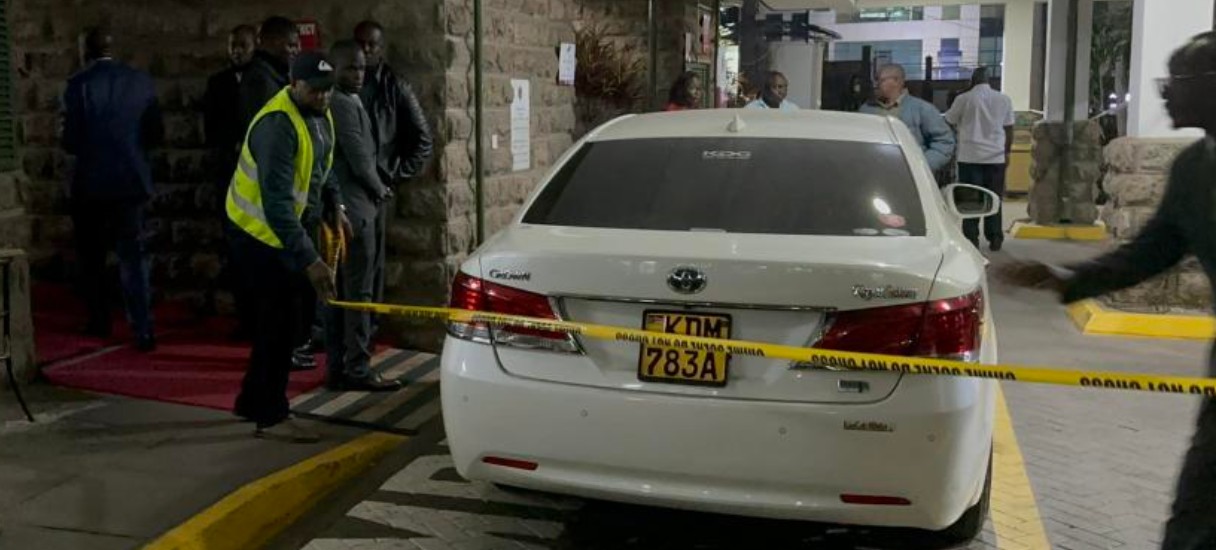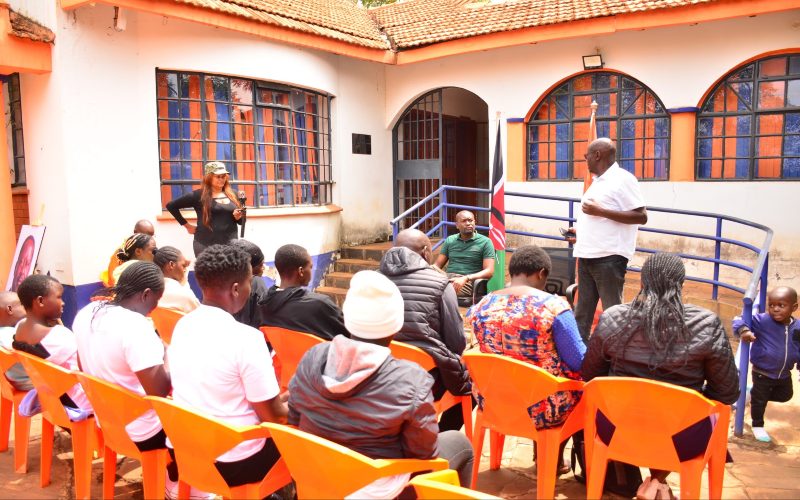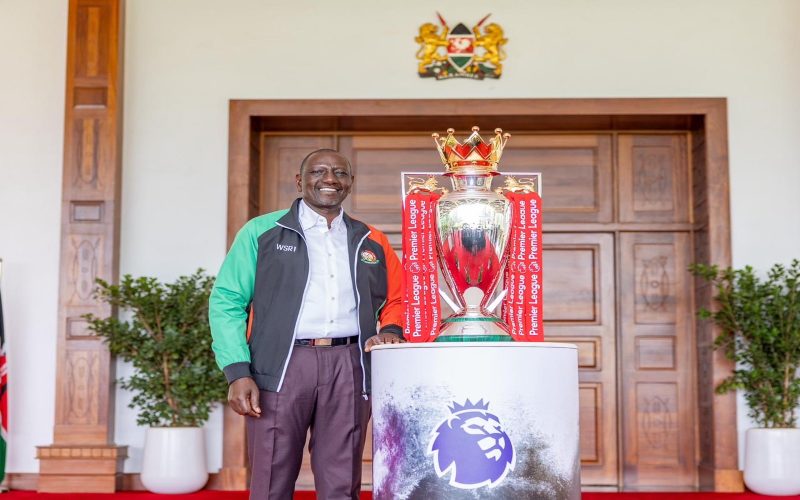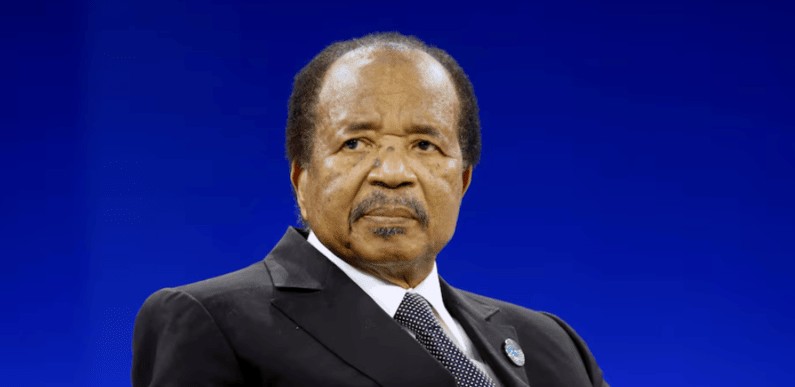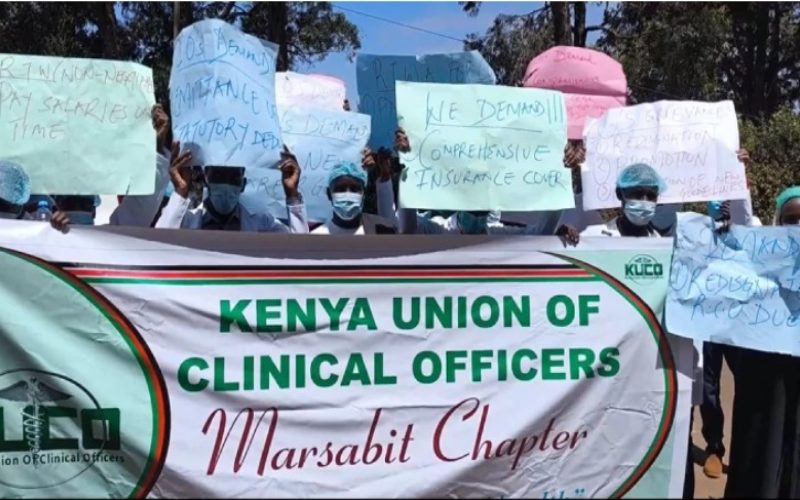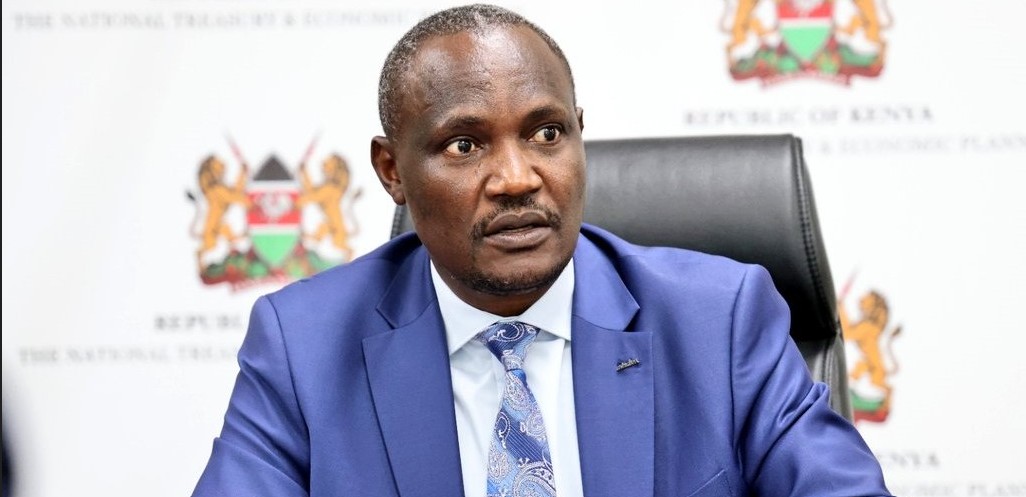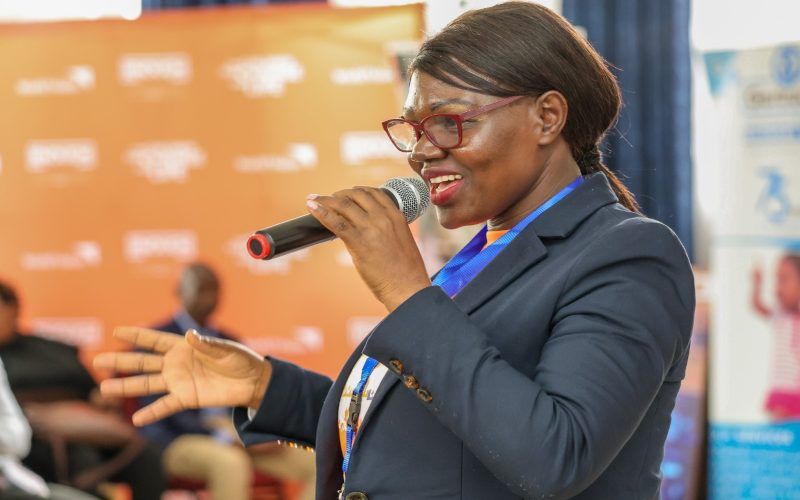African students face rising visa denial rates in the US and Europe
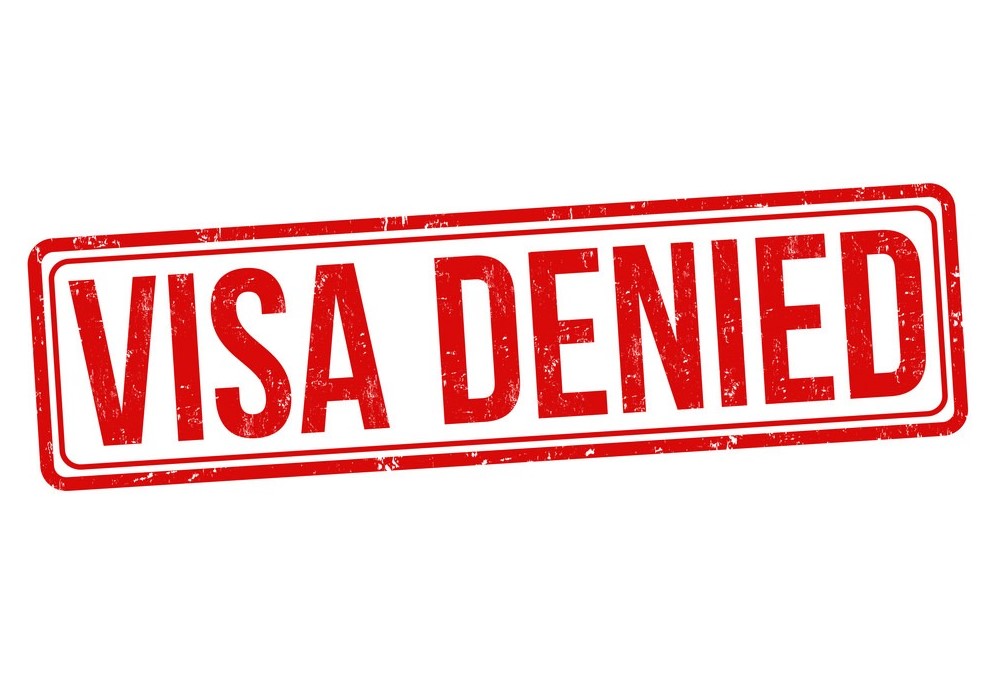
Citizens of the 26 member states within Europe’s Schengen area enjoy borderless access, while most travellers from elsewhere require visas.
Recent reports reveal that the African continent has the highest visa denial rate in the world, and the situation is worsening. According to analyses by Shorelight and the migration consultancy firm Henley & Partners, students from the Global South, particularly Africa, are denied student visas at disproportionately higher rates than those from other regions. This trend is evident both in the United States and Europe.
The Shorelight Presidents’ Alliance on Higher Education study, which examines data from 2015 to 2022, shows that visa denial rates for African students have steadily increased. This period spans three US administrations and covers both pre- and post-Covid pandemic mobility. Similarly, Henley & Partners reports that nearly one-third of Africans applying for visas to the Schengen area in Europe face rejection, making it the highest rejection rate of any region.
More To Read
- Over 400,000 IDs uncollected as Senate probes backlog
- US to screen social media for all student visa applicants
- Immigration department cancels controversial tourist insurance tender amid backlash
- Immigration department resumes normal passport operations after system downtime
- Kenyans to wait longer as technical glitches disrupt passport services
- Kenyan passport 8th strongest in Africa in latest global ranking
Citizens of the 26 member states within Europe’s Schengen area enjoy borderless access, while most travellers from elsewhere require visas. Despite Africans submitting the lowest number of applications per capita, their rejection rates are alarmingly high. In the US, West, Central, and Northern Africans face the highest visa rejection rates.
The report highlights that since 2015, except in South Africa, Botswana, Namibia, and Lesotho, visa issuance to African students has been declining. The denial rate peaked during the COVID-19 pandemic in 2020, reaching 61 per cent.
"Nearly 60 per cent of all students from African countries who applied to study at universities in the United States last year were denied the requisite F-1 visa by the State Department," the report states.
"With the exception of four countries in southern Africa, Africa has by far the highest visa denial rate of any other world region."
In the 2022 financial year, the US Department of State issued 24,676 F-1 visas to Africans, resulting in a denial rate of 54 per cent. Applying this rate broadly implies that we denied F-1 visas to approximately 28,967 African students in 2022 alone. In 2023, the denial rate for African and Asian nations increased by 10 per cent or more, with Africa experiencing the highest rate at 57 per cent.
When we exclude Southern Africa, which has historically low visa denial rates, the number of visas issued drops to 22,612, and the denial rate rises to 57 per cent. This indicates that most of the 28,967 rejected African students were from other parts of the continent. Extrapolating this approach to data from 2018–2021 suggests that 92,051 students were potentially eligible to study in the US but were unable to do so.
Higher education officials, eager to have talented students on their campuses, acknowledge that it is harder for students from certain countries to acquire visas. Some African students are more likely to receive a student visa when applying from a non-African country, such as Australia, to study in the US. International students in US colleges and universities contribute up to Sh4.9 trillion ($38 billion) annually to the US economy. The non-refundable visa application fees put a financial strain on African applicants.
In Europe, a 12.5 per cent fee increase for short-term visas, effective June 11, 2024, has raised the cost to Sh12,660 (€90). This increase will generate millions of euros in rejected applications. Prof. Kabaji suggests that political reasons may contribute to the high visa denial rates for Africans. "Could there be a fear that once you accept them, they will not come back, and therefore it is an unofficial position as to why they deny them visas? The different political regimes, including the Donald Trump presidency, could have played a role in denying most Africans visas. America under Trump was a very different America, and, should he win, visa denial is likely to increase," he said.
European visa systems also demonstrate apparent bias against African applicants, with states primarily citing "reasonable doubts about the visa applicants’ intention to return home" in their rejections. Researchers contend that states use security and economic justifications to conceal a blatant bias against African applicants.
Top Stories Today
